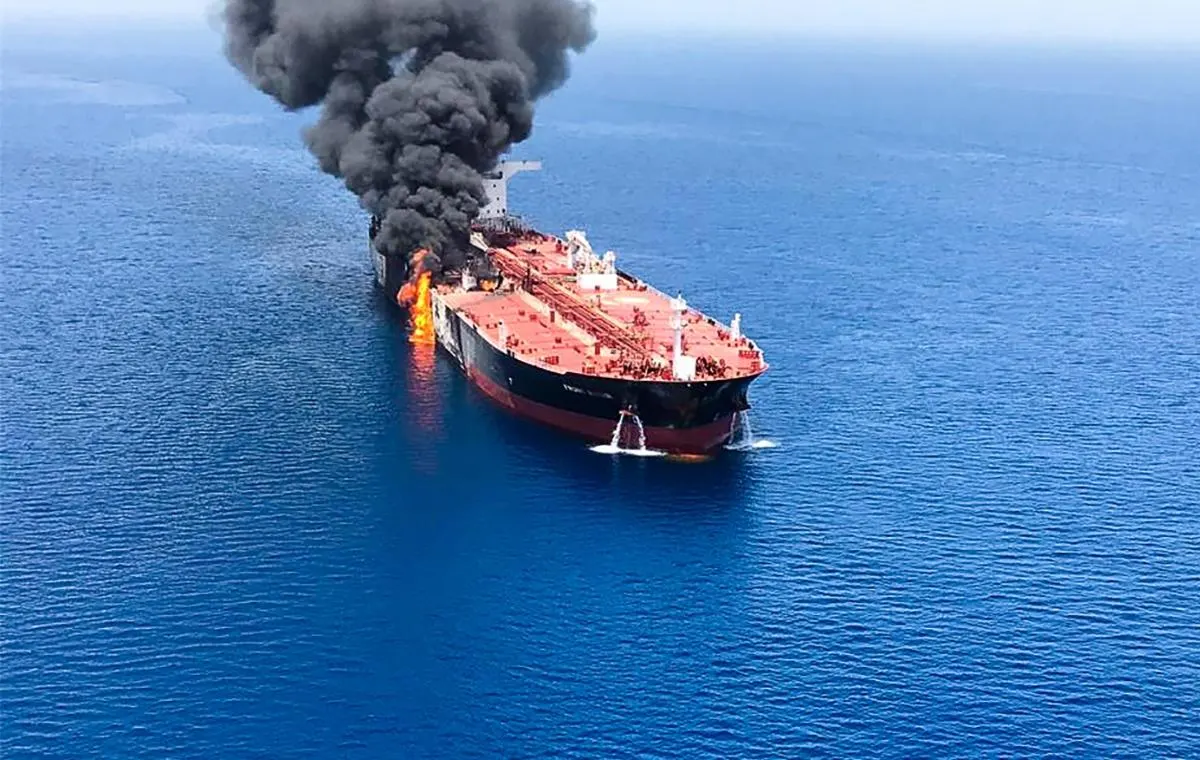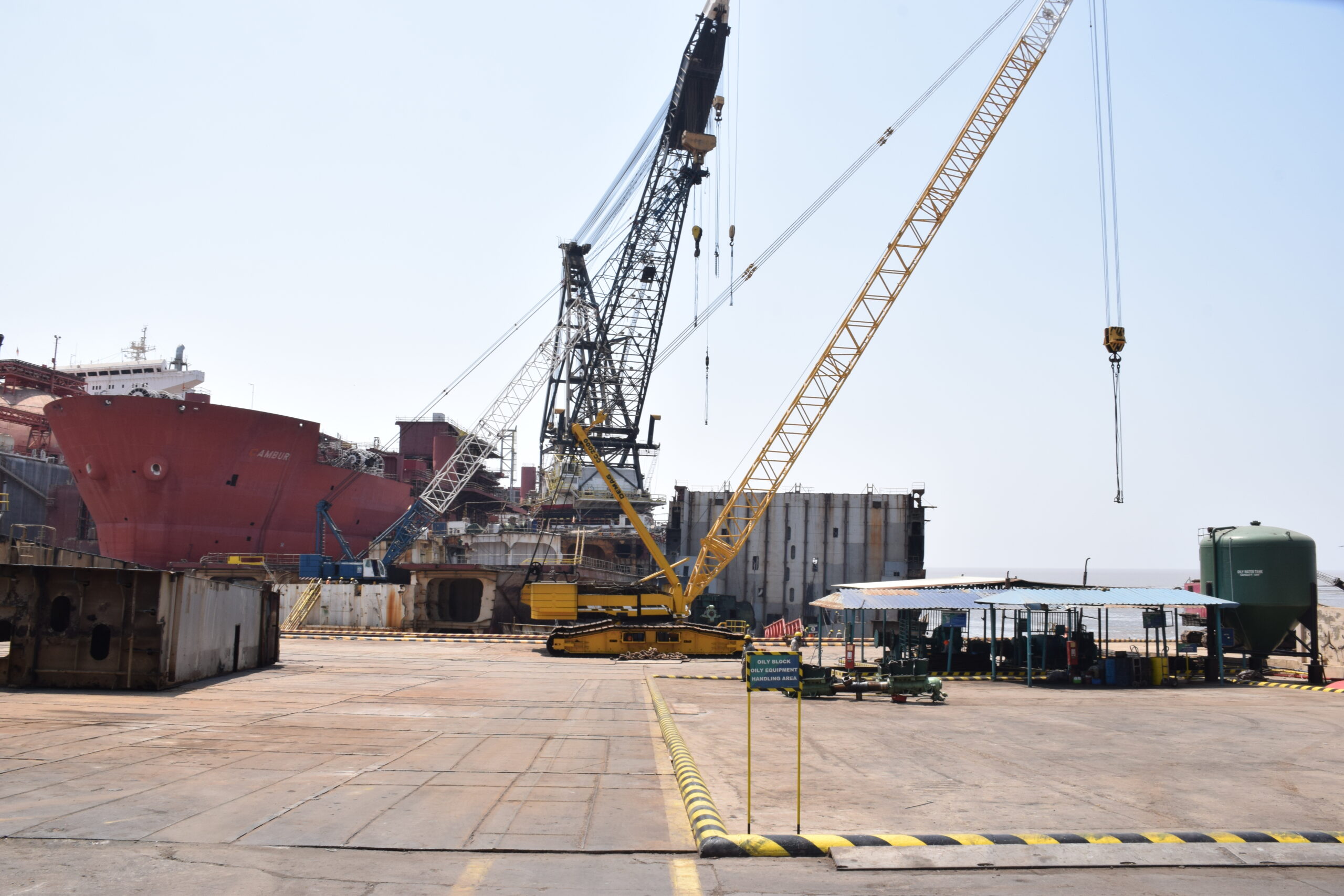Secret Talks Aim to Curb Houthi Attacks in Red Sea
The United States engaged in secret diplomacy with Iran in January, mediated by Oman, in an attempt to address a growing security threat in the Red Sea. This comes amidst rising tensions due to attacks by Yemen’s Houthi rebels, who are backed by Iran.

The main goal of the talks, according to a report in the Financial Times, was to persuade Iran to use its influence to curb Houthi attacks on commercial shipping vessels in the Red Sea. The U.S. delegation, led by Middle East envoy Brett McGurk and Iran specialist Abram Paley, did not directly meet with their Iranian counterparts. Instead, Omani officials acted as intermediaries, shuttling messages between the two sides.
This marked the first significant engagement between the U.S. and Iran since stalled nuclear talks in May 2023, which were also held in Oman. While the January talks primarily focused on the Houthi attacks, U.S. officials reportedly did raise concerns about Iran’s nuclear program. Details regarding the specific concerns raised were not disclosed.
A planned follow-up meeting in February was postponed due to McGurk’s involvement in mediating a temporary ceasefire and hostage release deal between Israel and Hamas. Negotiations for a more permanent solution with Hamas remain stalled, with only 105 of the 253 hostages taken in October 2023 being released.
The Houthi attacks stemmed from their solidarity with Hamas. As part of the regional “axis of resistance” aligned with Iran, the Houthis launched missile attacks on Israel and targeted commercial vessels in the Red Sea, specifically declaring Israeli ships as legitimate targets. However, their attacks have frequently targeted vessels with no clear ties to Israel, disrupting a crucial global trade route for energy and other goods at a time when supply chain issues are already contributing to inflation worldwide.
Despite a multinational response led by the U.S., including defensive strikes on Houthi targets and interceptions of attacks in the Red Sea, the Houthi attacks have continued to escalate. The U.S. and Britain have also designated the Houthis as a terrorist organization and carried out airstrikes in Yemen.
The Houthis, who seized Yemen’s capital Sana’a in 2014, currently control a significant portion of the country. The White House views these indirect diplomatic channels with Iran as a way to address “the full range of threats emanating from Iran,” according to a source familiar with the talks. This approach allows the U.S. to communicate with Iran on how to prevent a wider regional conflict, something that Iran has claimed it desires.
However, the U.S. and Iran disagree on the extent of Iranian influence over the Houthis. An Iranian official maintained that Iran only has a “spiritual influence” and cannot dictate the Houthis’ actions, but acknowledged the possibility of negotiation and dialogue. The Biden administration, on the other hand, accuses Iran of being deeply involved in planning Houthi attacks and supplying weapons.
The Houthi attacks have had a significant impact on global trade. The vital shipping route near the Suez Canal, which carries roughly 10% of the world’s trade, has been affected. Many shipping companies have been forced to reroute vessels or hold them back until the security situation improves. The Houthis have also launched missile and drone attacks on southern Israel, although these were intercepted by Israeli air defense systems.
The success of these secret talks remains to be seen. However, they represent a potential first step towards de-escalation in the Red Sea and a broader reduction in tensions between the U.S. and Iran.
The American delegation also raised concerns about Iran’s nuclear activities during the January talks. Another round of discussions planned for February got delayed because McGurk shifted his focus to negotiating a truce and the release of hostages between Israel and Hamas. Despite efforts, a deal with Hamas hasn’t been reached yet, and the situation remains tense.
The Houthis, showing support for Hamas, started launching missile attacks on Israel and targeting ships in the Red Sea. They claimed Israeli ships were legitimate targets, but they’ve also attacked vessels unrelated to Israel, causing problems for global trade and energy supplies.
These attacks continued despite multinational efforts led by the US to protect ships in the Red Sea. The US and UK conducted strikes on Houthi targets in Yemen and labeled them a terrorist group. The Houthis took control of Yemen’s capital in 2014 and now control significant parts of the country.
The US sees the talks with Iran as a way to address various threats coming from Iran. They’re using this indirect channel to convey their concerns about preventing a broader conflict in the region. Iran claims it only has spiritual influence over the Houthis, but the US accuses Iran of being deeply involved in planning attacks and supplying weapons.
Author: shipping inbox
shipping and maritime related web portal








